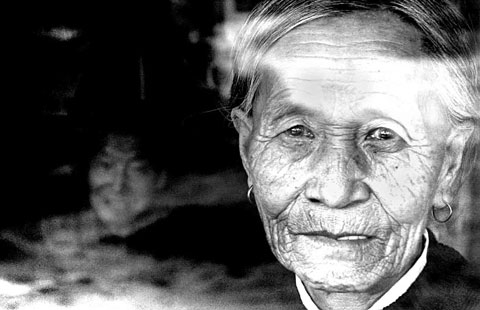New stage for people's economic and social rights
By Chang Jian (China Daily) Updated: 2014-05-28 07:58To guarantee people's right to work, the government has adopted an employment-first strategy and actively developed industries and enterprises that can absorb labor, together with other measures to promote employment. Thanks to the job-creation strategy, the country's registered urban unemployment rate has remained around 4 percent for years. For the establishment of an equal employment system between urban and rural areas, some restrictive employment policies targeted at rural labor have been removed. The minimum wage has been raised across the country over recent years by a margin that is far higher than the consumer price index. At the same time, some practical measures, such as the establishment of a wage guarantee system, have also been taken to reduce and eliminate payment defaults, especially in the labor intensive construction sector.
To guarantee people's right to education, especially in impoverished rural areas, the country has maintained a 20 percent growth year-on-year in its compulsory education input in rural areas. A lot of practical measures have also been taken to ensure children of migrant workers have equal access to education with their urban counterparts. At the same time, a student nourishment plan has been implemented for rural students during their compulsory education. A tuition-free policy has also been adopted for rural students and students majoring in agriculture or students from families facing economic difficulties studying in vocational schools.
The government has accelerated the supply of affordable housing, such as the reconstruction of shanty homes in urban areas, to ensure people's basic housing needs, especially those of people on low incomes. The housing guarantee network has extended from residents with an urban hukou, or household registration, to all permanent residents. By the end of 2013, the housing guarantee system had ensured more than 36 million urban households had a home.
In terms of the social security system, the government has established a framework that covers urban and rural areas. Since 2010, the country has raised pensions for retired enterprise employees for four consecutive years. With the basic medical insurance for employees and the new rural cooperative medical insurance, the government has established an all-inclusive medical insurance network.
With available policies and measures, the country has entered a new stage in its effort to guarantee and improve people's economic and social rights, in which people's right to self-determination has not only been respected, but various legislative and administrative measures have been put in place to prevent infringements into their economic and social rights. At the same time, some active measures have been taken to offer a sound material and institutional guarantee for their rights.
The author is deputy director of the Center for the Study of Human Rights, Nankai University.











